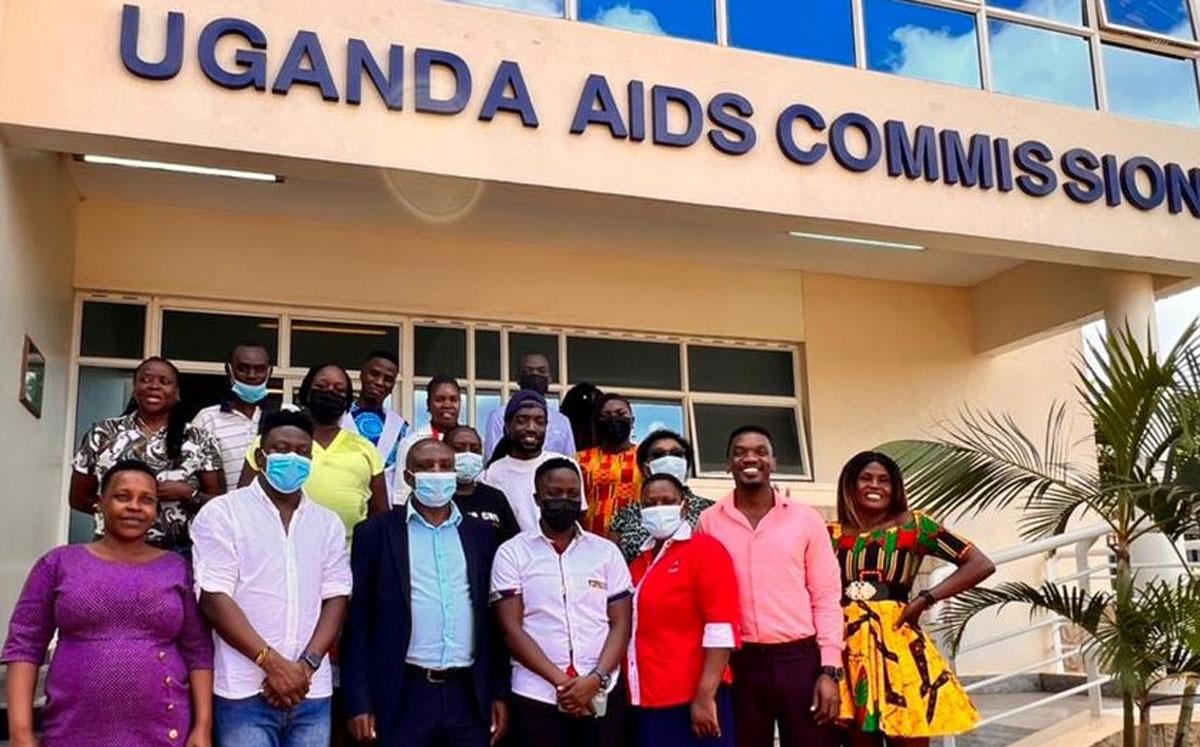Trans and LBQ sex workers most hit by sexual violence, Uganda report says
A baseline assessment on Sexual Reproductive Health and Rights (SRHR) issues affecting sex workers in Uganda has revealed that transgender, lesbian, bisexual and queer sex workers are more prone to sexual violence compared to heterosexual female sex workers (FSWs), male sex workers (MSWs) and men who have sex with men (MSM).

By Joto La Jiwe
The study was conducted last year by the Uganda-based Network of Key Population Service Organisations (UNESO) with support from UHAI-EASHRI and published in November 2022.
The survey findings show that 29% of all sex workers experienced coerced or violent sex. The level of violent sex was reported highest among the transgender sex workers at 37%, LBQ sex workers at 33% and FSWs at 31%. The MSW were the least affected (12%).
The study found that a variety of factors, including sexual violence and coercive state laws prevent sex workers from accessing sexual and reproductive health services.
These comments come from the introduction to the study:
“Sex workers in Uganda continue to experience a number of adverse sexual reproductive health outcomes, despite deliberate focus on HIV prevention among the key populations (including sex workers) in the national response.
“The sexual reproductive health (SRH) issues relate to unwanted pregnancies, high exposure to sexual transmitted infections (STIs), unsafe abortions, sexual abuse/violence, among others. Sex workers face a multitude of overlapping structural barriers that impede their fundamental sexual reproductive health rights. These comprise: the criminalisation of sex work, same-sex relationships, and gender non-conformance; harmful and coercive SRH policies; gender-based stigma; logistical and practical barriers, including limited access to SRH care. SRH care encompasses a range of services which include: maternal and new-born care (e.g., antenatal, perinatal, and postnatal care); family planning services (e.g., contraceptives, fertility services, and safe abortions); and services that address HIV/STIs, HPV-related cancer prevention, and other reproductive-tract morbidities.
“Important to note is that sex workers are not a homogenous group; they include a diversity of sub-groups (including females, males, transgender and LBQ sex workers) with varying SRH needs in spite of their intersectionality, including disability and people who use injection drugs among others.
“The criminalisation of sex work in Uganda is one of the most formidable barriers to SRH care, as it limits access to and use of health services on the part of sex workers. It also undermines their access to condoms, including the right to carry condoms and negotiate their use either independently or as part of the practice of using dual contraceptive methods. Criminalisation also undermines HIV testing, access to social services and support, and increases the incidence of HIV/STIs and physical/sexual violence. The harmful impacts of the criminalisation of sex work are compounded by other rights-violating laws and policies, including the criminalisation of HIV, and of same-sex relationships, which further exacerbate SRH inequalities among sex workers in their diversities.
“The unfavorable legal regime often discourages sex workers from seeking healthcare out of fear that they could be arrested by local authorities or police. This is coupled with the judgmental attitudes of health workers that further discourages sex workers from going for regular check-ups that would help to identify, treat or even prevent certain STIs, hence reducing the utilization of SRH services. Furthermore, there is uneven coverage of SRH services across the country while demand and access to the available services is further hampered by SRH information gaps, especially in the rural districts where many sex workers don’t know how and wh3ere to access the SRH services. Despite this appreciation, evidence on the actual context-specific SRHR issues affecting sex workers in Uganda is lacking. Moreover, the magnitude of these issues and their impact is not well known. Consequently, this limits the designing of appropriate SRH services for sex workers in their diversity.”
Joto La Jiwe, the author of this article, is a Ugandan correspondent for the African Human Rights Media Network. He writes under a pseudonym. Contact him at info@76crimes.com.




